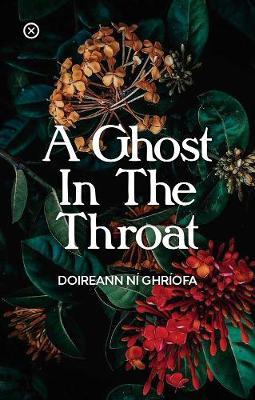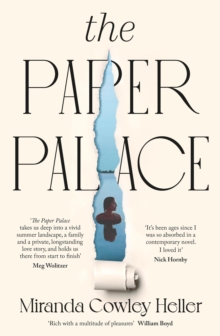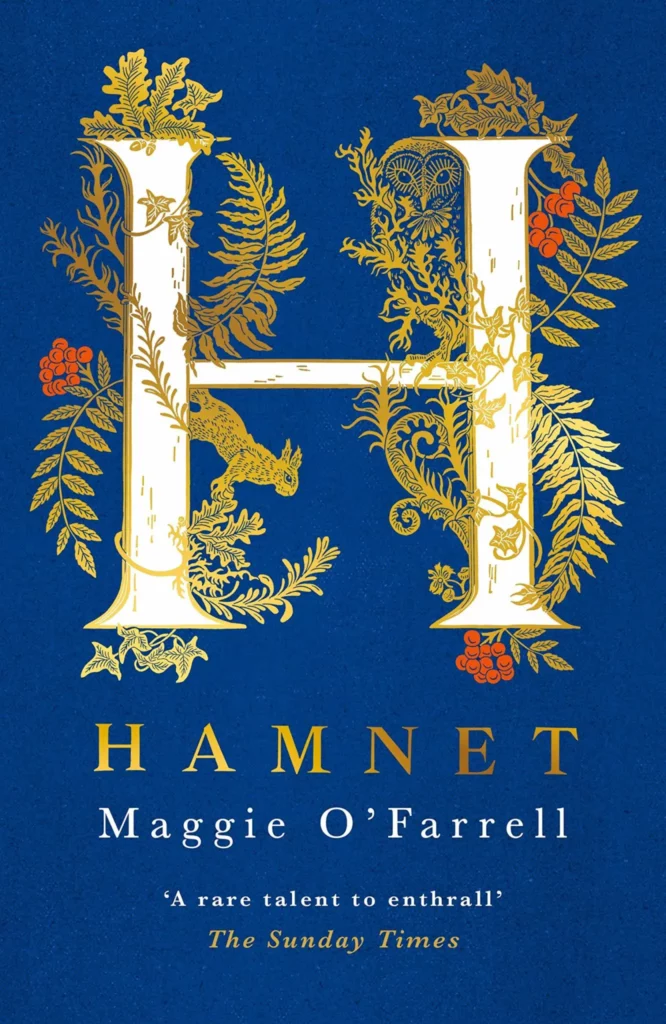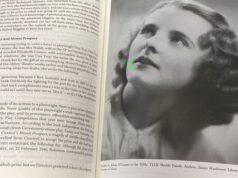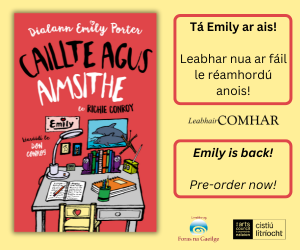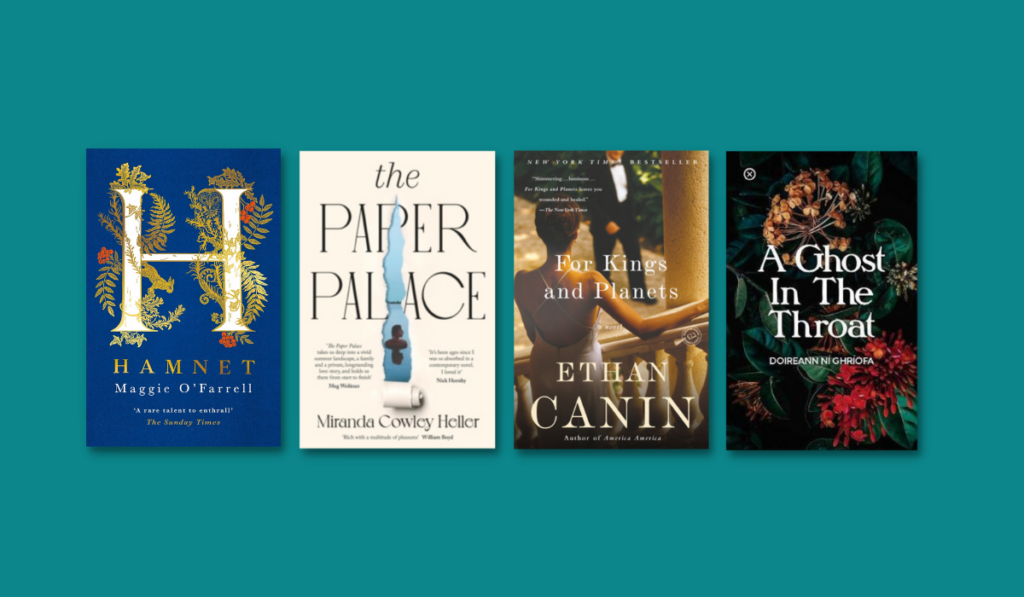
Susan McKeever chooses the books which have nourished and sustained her in recent times
For Kings and Planets by Ethan Canin, Bloomsbury, 1998
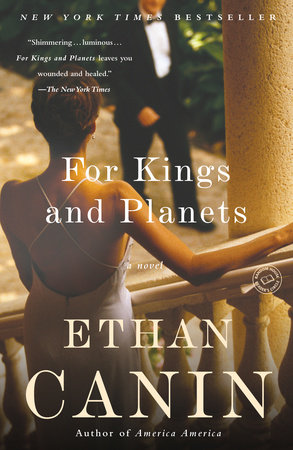
‘That was the feeling he had looking back. Smells and sounds: the roll and thunder of the number 1 train; the wind like a flute through the deck rafters of the Empire State Building …’
In September 1974 Orno Tarcher arrives from rural Missouri into New York City to study in Columbia University. On the first day he meets charming, enigmatic, dazzling but tricky Marshall Emerson, steeped in wealth and New York breeding, and so begins an unlikely friendship.
The Emersons have a brownstone in Manhattan and a clapboard mansion on the Cape, in stark contrast to Orno’s humble homestead – dominated by wide skies and rumbles of tractors; ‘pigs everywhere’. Though Marshall’s appeal to small-town country boy Orno is obvious, Marshall is similarly drawn to him, and despite repeatedly falling off the map, always returns to delightedly lure his diligent friend to debauched New York gatherings, peppered with drinks and women.
Over time, Orno matures and goes on to study a steady, plodding but safe path in dentistry, where teeth are not named ‘for kings and planets’ but are merely numbers, while Marshall becomes a Hollywood producer. From the first chapter we are hooked into the different trajectories of the two protagonists as we follow their wildly different paths described in lyrical, descriptive prose, capturing a period of time in New York that is as mesmerising as it is palpable.
A Ghost in the Throat by Doireann Ní Ghríofa, Tramp Press, 2020
There was a buzz around this book when it came out and I wasn’t sure if I wanted to read it. Autofiction? An ancient text written in Irish in the 1700s merged with an autobiographical journey in a young woman’s life? I wondered if I’d have the patience. Then I began to read – and learn.
At the age of eleven, in a flimsy primary-school prefab, a daydreaming Doireann first learned of Eibhlín Dubh Ní Chonaill, a noblewoman who wrote a thirty-verse ‘caoineadh’, or lament, for her beloved husband Art, after he was murdered by a British official. Now, as a present-day poet, mother and wife, she goes through her days caring for her young children, drowning in breastmilk, washing, cooking and school runs, the historical widow’s words from the caoineadh – the eponymous ghost in the throat – whispering from her lips as she transfers Eibhlín’s story onto the page. The lust of Eibhlín’s first sighting of Art, ‘how my eye took a shine to you / how my heart took delight in you’ travels through their courtship, marriage and the arrival of their ‘dotey’ children on to the murder and its sorrowful aftermath. Memoir and historical investigation merge seamlessly in a book that tethered me from the first line: THIS IS A FEMALE TEXT.
The Paper Palace by Miranda Cowley Heller, Penguin Books, 2021
On a morning in August, fifty-year-old Elle Bishop takes a swim in the pond below ‘The Paper Palace’, a ramshackle set of cabins in Cape Cod where her family has summered for generations.
But all is not as calm as the surface of the early-morning pond. Elle’s mind whirls in turmoil as she remembers the passionate lovemaking of the night before, up against the wall with childhood friend Jonas – all taking place with both their families happily chatting and drinking inside on the other side of the wall.
So begins a saga of epic proportions, as Heller switches between present-day summer high jinks set over twenty-four hours, and Elle’s recollections of her turbulent, eventful childhood and family life. There is mystery, a dark secret, guilt, trauma, shameful turning of blind eyes, and longing in this sweep of a novel. Heller’s prose in this, her debut novel, brings the hot, sticky Cape Cod summer to life as we wend through the complex paths of Elle’s thought processes, mirrored in the wooded pine and shrub oak paths leading to the pond, beyond which ‘the ocean is furious, roaring’.
Hamnet by Maggie O’Farrell, Tinder Press, 2020
In Hamnet, Maggie O’Farrell has taken a little-known fact about William Shakespeare’s family life and woven it into a complete world, full of sounds, tastes, smells, sensations and textures, vividly enmeshing us into life in sixteenth-century Stratford-upon-Avon.
On a summer’s day in 1596, eleven-year old Hamnet is worried about his twin sister, Judith, who has suddenly fallen ill while they were playing with the household’s new kittens. From her fever-bed, she watches the walls bulge, the bedposts writhe like serpents. Her twin frantically searches for help, but there is no one anywhere – even the kittens have disappeared. His father Will is two days’ ride away in London; his mother Agnes is working on her patch of land nearby, collecting honey from her hives and tending her medicinal plants. The narrative switches back and forth in time through Will and Agnes’s courtship, always returning to Hamnet’s frantic searching, which tails off as he himself contracts the plague. We learn that the disease came from some fleas on a monkey in Alexandria, befriended by a cabin boy gone in search of victuals.
It is Hamnet who dies, on a pallet beside his now-recovering sister. Tears streamed down my face as I read about the death rituals; how Agnes found a leaf from a plum tree while drawing her fingers through her boy’s hair; how she tenderly washed the small, bony body, sewed the bright, white shroud around it with thick twine.
Part Two of the book describes the deluge of grief washing over the family members left behind; unable to heal or move on from such a devastating loss. But eventually something powerful emerges from the tragedy: one of the most famous plays ever written, named for Shakespeare’s deceased son.

Susan McKeever is an editor, writer and ghostwriter for several Irish and international publishers and authors. She works from her home in the red-brick heart of Dublin’s Portobello. @MckeeverSusan,susanmckeever.biz









